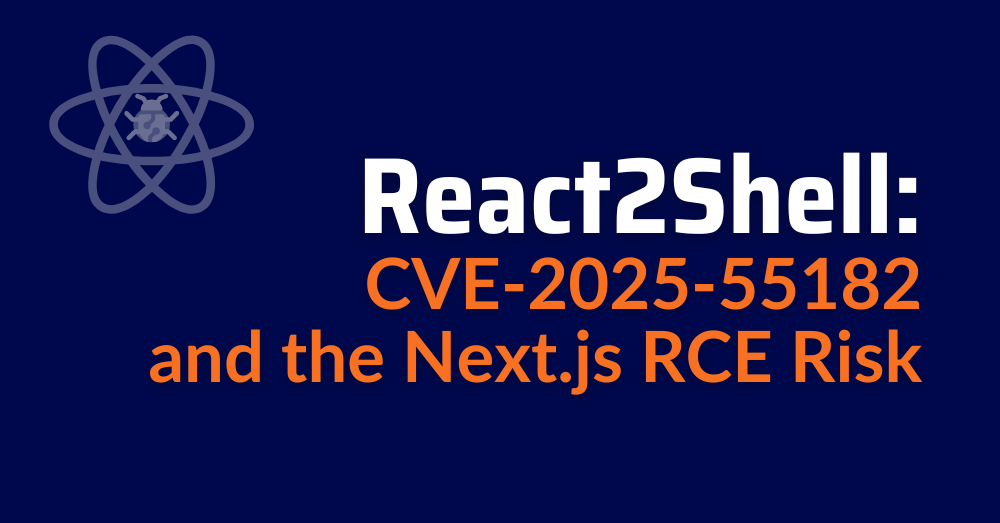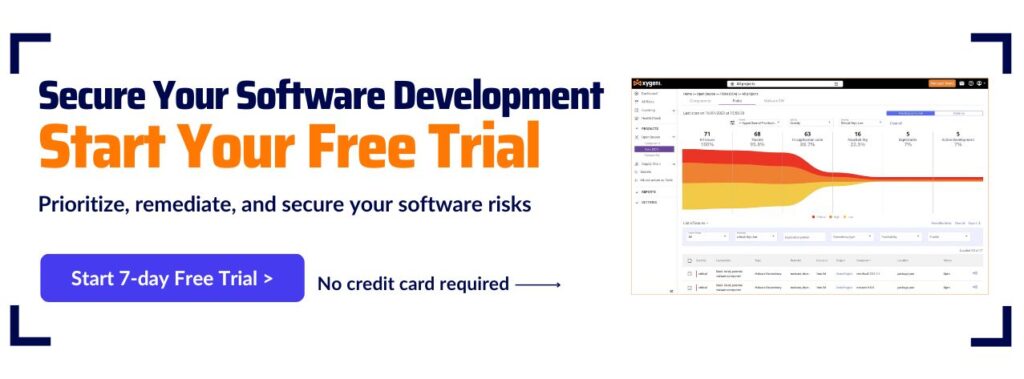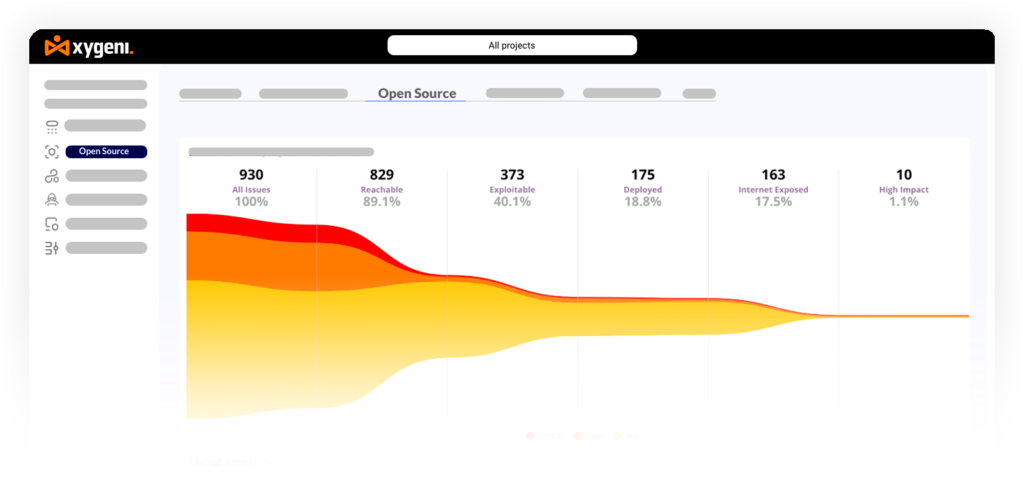Why C# Switch Statements Can Hide Logic Bugs
A C# Switch organizes control flow, but missing branches or weak defaults often produce logic bugs that affect authorization or data handling.
⚠️Insecure example, for educational purposes only.
switch (userRole)
{
case "User": Access = "Basic"; break;
case "Admin": Access = "Full"; break;
// ❌ Missing default — unexpected values fall through
}
A value like “Root” bypasses the intended switch condition in C # logic, leaving access undefined.
Secure version:
switch (userRole)
{
case "User": Access = "Basic"; break;
case "Admin": Access = "Full"; break;
default: throw new UnauthorizedAccessException();
}
// # Educational note: Always include default handling to avoid logic bugs.
Educational note: Defensive switch logic prevents unhandled states, one of the most common logic bugs in secure code.
Common Vulnerabilities in Switch Case C#
Real-world switch case C # issues usually involve unvalidated input or overlapping cases. You need to learn how to avoid vulnerabilities.
Unsafe Enum Handling
⚠️Insecure example, for educational purposes only:
switch (status)
{
case Status.Active: DoWork(); break;
case Status.Suspended: BlockUser(); break;
// No validation = hidden logic bugs
}
Secure version:
if (!Enum.IsDefined(typeof(Status), status))
throw new InvalidOperationException();
switch (status)
{
case Status.Active: DoWork(); break;
case Status.Suspended: BlockUser(); break;
default: throw new UnauthorizedAccessException();
}
Educational note: Validate enums to prevent logic bugs.
Unchecked conditions in switch case C # or C # switch logic easily lead to missed edge cases, inconsistent states, and hidden logic bugs.
How Logic Bugs Emerge in CI/CD and Runtime
A switch condition in C # may behave differently in pipelines or production, where config variables change dynamically.
⚠️Insecure example, for educational purposes only:
switch (env)
{
case "dev": LoadDev(); break;
case "prod": LoadProd(); break;
// ❌ Missing hybrid or fallback conditions
}
Secure Version
Always include explicit handling for unexpected or hybrid environments, and use validated configuration sources to avoid undefined behavior in CI/CD or production.
// ✅ Secure version — handles all environment cases safely
switch (env?.ToLowerInvariant())
{
case "dev":
LoadDev();
break;
case "prod":
LoadProd();
break;
case "staging":
LoadStaging();
break;
default:
// Fallback to safe defaults or log warning
Log.Warning($"Unknown environment: {env}. Loading safe defaults.");
LoadSafeDefaults();
break;
}
Educational note: Undefined environment values can cause inconsistent runtime behavior between pipelines and production.
Always validate environment variables, implement a secure fallback, and log unexpected configurations to preserve stability and prevent misconfigurations from becoming security issues.
When CI/CD passes unexpected values (“dev-prod”), the unsafe switch condition in C # handling causes logic drift and deployment logic bugs.
Never expose real tokens, credentials, or internal URLs in pipelines.
Fix: sanitize all environment inputs and add a strict default case.
Writing Secure and Deterministic C# Switch Conditions
A clean, deterministic C # switch prevents both runtime errors and logic bugs.
Here’s a quick checklist:
- Validate inputs before evaluating a switch condition in C #.
- Always add a default branch.
- Use explicit enums, not magic strings.
- Log and test every case.
- Scan for unreachable or duplicate cases.
Example:
switch (request.Type)
{
case RequestType.Read: HandleRead(); break;
case RequestType.Write: HandleWrite(); break;
default: throw new InvalidOperationException();
}
Educational note: Deterministic switch case c# logic avoids hidden bugs.
Detecting Logic Bugs Automatically With Xygeni
Xygeni Code Security detects unsafe C# Switch control structures and logic bugs early. It identifies switch statements without default cases, unreachable branches, unsafe enum handling, and inconsistent logic paths across repositories.
Xygeni detects:
- Missing default cases
- Overlapping or unreachable branches
- Unsafe enum handling
- Dead or inconsistent code paths
Example:
xygeni scan --detect switch-statements
Xygeni detects insecure control flow patterns in C# Switch, such as switch statements without defaults, unreachable branches, or inconsistent logic, through automated scans like xygeni scan –detect switch-statements in DevSecOps pipelines.
Secure Logic Starts With Predictable Flow – Master Switch Condition in C#
Poorly designed switch conditions in C# Switch lead to silent logic bugs that escape code review. Validate every input, use explicit defaults, and automate checks with Xygeni to ensure your control flow remains secure and deterministic. Integrating Xygeni into your pipelines guarantees automatically validated, secure control flow in every build.









